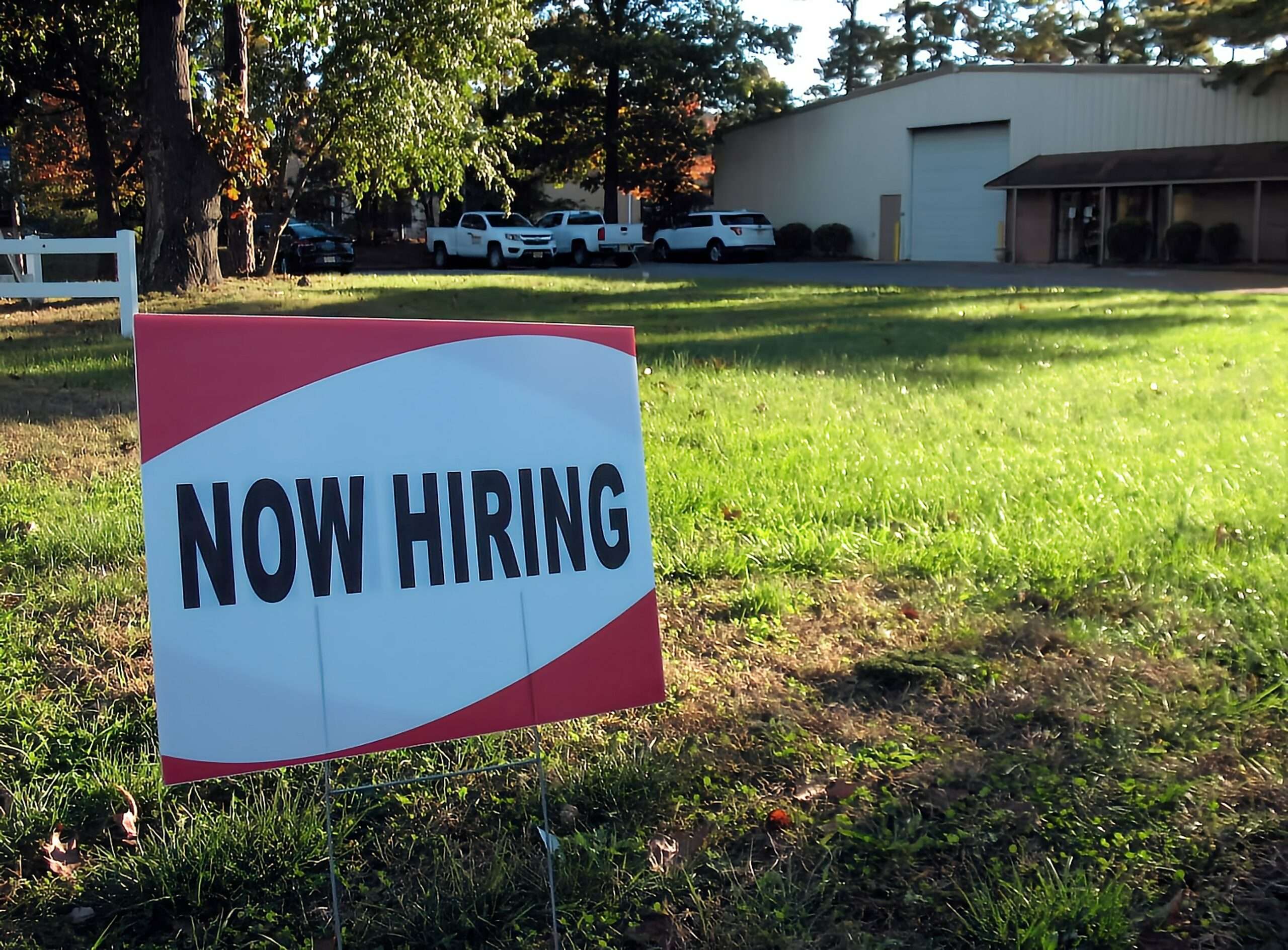Most boards are not outwardly dysfunctional. The most egregious dysfunction is easy to identify, like when directors getting into shouting matches or jump onto the table to prove their point. But just because you don’t have a board in the extreme doesn’t mean that your board lacks dysfunction. Often dysfunction is under the surface. It isn’t apparent and can be easy to ignore or miss altogether.
There are a few signs your board is dysfunctional. Do directors meet outside the boardroom to build a position before the board meeting? Do you have directors on your board who don’t prepare or are over boarded and can’t keep one board straight from another or a director that no one takes seriously? Does the board treat the executives or each other with disparagement or disdain? Do you have directors vying for power and influence? Do you have directors who, even after coaching, keep up their bad habits? If you have these behaviors on your board, they are likely subtle. You might not even know that this is happening behind the scenes.
I spoke with a Board Chair of a privately held company recently, and she shared some insights on the attributes of a functional board. It might be easier to do the “is my board functional test” rather than rooting around for subtle dysfunction. Functional boards have cohesive and effective directors and a Board Chair who is willing to make the necessary changes to support the company strategy and board functionality.
Functional Boards
Functional boards do the following:
- Demonstrate overt kindness before, during, and after meetings, but don’t hesitate to get into deep and sometimes controversial discussions. Genuine kindness, not just congeniality, builds trust and provides a secure foundation for productive dialog.
- Conduct an annual review of governance documents and company purpose and mission.
- Reflect the culture of the business in the board composition and dynamics.
- Share the company values intrinsically.
- Support board composition discussions and are committed to making the changes necessary in the board room to support the company’s changing strategy.
- Identify and report any conflict of interest.
Functional Board Chairs
Functional Board Chairs build a functional board in the following ways:
- Support the board activities with strong governance.
- Excel in difficult conversations.
- Conduct an annual board evaluation, including individual director feedback and a formal CEO evaluation.
- In conjunction with the Nominating and Governance Committee, conduct an annual skills matrix adjusted for the evolving corporate strategy.
- Make board composition changes to support the strategy or to ensure a functional board.
- Develop an annual plan for board activities and reflects this in a board cadence document, shared with both the board and management.
Another Board Chair I recently spoke with said that she finds it difficult to read between the lines, watch body language in meetings, and hear the subtext in comments and considerations, especially when leading the discussion. She said, “I rely on my other board members and my CEO, in debrief calls, to help me gain a robust understanding of the whole picture.”
Having a functional board is an evolution. What is functional today may not remain unless there is a drive for excellence, willingness to have meaningful and difficult conversations, and courage to make the necessary adjustments to composition, governance, or cadence. Ultimately, a board is only functional if the board and Chair are willing to do the required work to achieve board excellence.

 5.0
5.0 





















